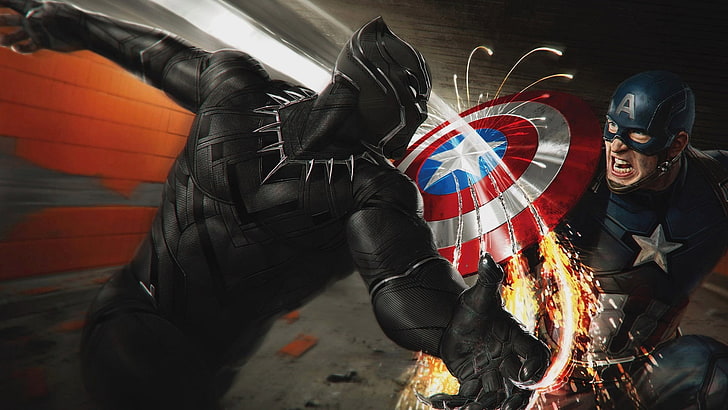The 1964 film “Zulu,” directed by Cy Endfield, depicts the Battle of Rorke’s Drift, a historical event during the Anglo-Zulu War in 1879. The film has sparked discussions about its portrayal of the Zulu warriors and British soldiers, with some arguing that it perpetuates racist stereotypes. However, labeling the movie as racist oversimplifies both the film’s narrative and the historical context it portrays. Here’s why “Zulu” should not be considered racist, especially in light of the perspectives on historical accuracy and representation.
The Context of Rorke’s Drift
To understand why “Zulu” is not racist, it’s crucial to grasp the historical backdrop of the Battle of Rorke’s Drift. In January 1879, a small British garrison of approximately 150 soldiers, some of whom were sick and wounded, defended a mission station against an overwhelming force of around 4,000 Zulu warriors. The defense was successful, and the battle became a celebrated example of military endurance and bravery.
Misconceptions of Racism
One argument against the film is the portrayal of Zulu warriors losing to British soldiers. This perspective suggests that any depiction of a non-European group being defeated by Europeans is inherently racist. This interpretation is problematic. Racism is a serious accusation that involves the belief in the superiority of one race over another, often resulting in discrimination and prejudice. Depicting a historical battle where one group emerges victorious does not necessarily equate to racism.
Historical Accuracy and Respect
“Zulu” is notable for its attempts at historical accuracy and respectful portrayal of the Zulu warriors. The film does not depict the Zulu as barbaric or inferior; instead, it portrays them as brave, skilled, and formidable opponents. The Zulu warriors are shown with dignity and respect, acknowledging their valor and tactical prowess.
A Balanced Narrative
The movie also highlights the courage and resilience of the British soldiers, some of whom were ordinary men thrust into extraordinary circumstances. The focus on the mutual bravery and respect between the two sides provides a balanced narrative rather than a racially charged one. The film’s portrayal aligns with the historical accounts of the battle, which emphasize the exceptional nature of the defense by the British and the fierce determination of the Zulu.
Rorke’s Drift and Isandlwana
It’s also essential to consider the broader context of the Anglo-Zulu War. Just before the Battle of Rorke’s Drift, the British suffered a catastrophic defeat at the Battle of Isandlwana, where the Zulu army overwhelmingly defeated a much larger and better-equipped British force. This event is significant because it demonstrates that the Zulu were a formidable military force capable of significant victories. By acknowledging both battles, we see a more nuanced historical narrative where neither side is depicted as inherently superior.
The Importance of Historical Films
Historical films like “Zulu” play a critical role in educating audiences about past events. They can spark interest and lead to further exploration of history. The portrayal of historical battles must balance accuracy with narrative, and while “Zulu” dramatizes events, it does so with an underlying respect for both the British and Zulu participants.
The film “Zulu” should not be considered racist simply because it depicts the British defeating the Zulu warriors at Rorke’s Drift. The movie strives for historical accuracy and portrays both sides with respect and dignity. The notion that any depiction of non-European defeat is racist oversimplifies the complex nature of historical



